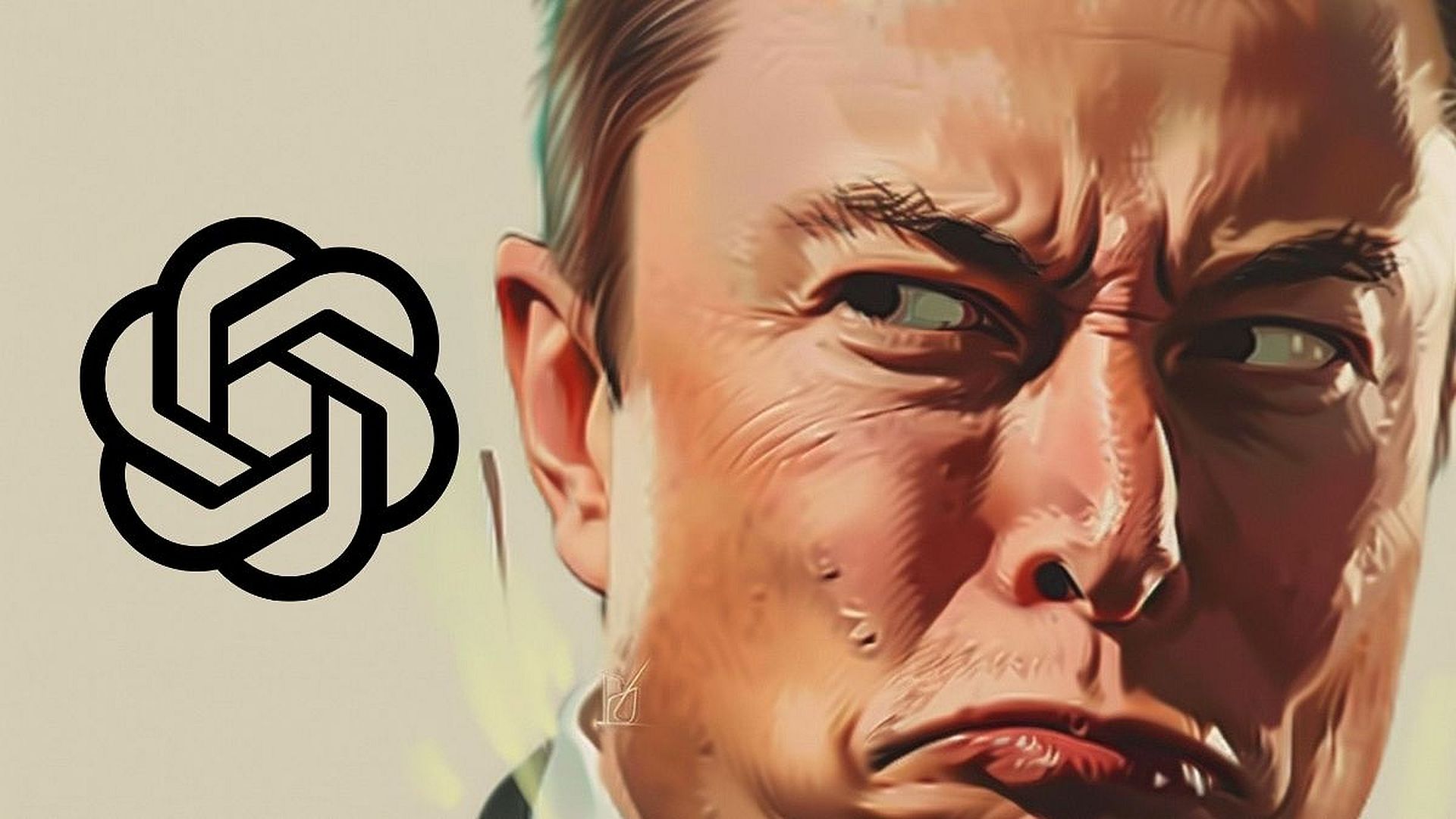Elon Musk Fires Back at OpenAI’s Momentum
Elon Musk has once again stirred the AI industry by suggesting that OpenAI could “eat Microsoft alive” following the debut of GPT-5, the company’s most advanced language model to date. The remark came just hours after Microsoft CEO Satya Nadella announced full integration of GPT-5 across the company’s products, including Microsoft 365 Copilot, GitHub Copilot, and Azure AI Foundry.
Despite Microsoft’s deep investment in OpenAI totaling around $13 billion Musk’s comments hint at an intensifying rivalry. From his position at the helm of xAI, Musk claimed that his company’s Grok 4 Heavy model already outperformed GPT-5 weeks ago. He went even further, teasing the release of Grok 5 by the end of 2025, which he described as “crushingly good.”
The Shift in the Microsoft, OpenAI Relationship
Musk’s warning touches on deeper industry concerns: the changing balance of power between Microsoft and OpenAI. While Microsoft provides the cloud infrastructure for GPT-5 and relies on the technology to drive its AI-powered services, OpenAI’s rapid growth could potentially reduce Microsoft’s influence over the partnership. Reports suggest OpenAI is exploring ways to decrease Microsoft’s revenue share and expand its independence, a move that could redefine the strategic relationship.

For Microsoft, the challenge lies in maintaining leadership in AI innovation while depending heavily on a partner that is quickly becoming a major player in its own right. Musk’s comments seem designed to highlight this vulnerability, suggesting Microsoft could one day be overshadowed by the very company it helped elevate.
From Co-Founder to Competitor
The rivalry between Musk and OpenAI carries a personal twist. Back in 2015, Musk co-founded OpenAI alongside Sam Altman and others, pledging significant funding to ensure AI developed in a way that benefited humanity. However, he stepped away from the board in 2018, citing conflicts over the company’s direction. Since then, Musk has openly criticized OpenAI for straying from its original “open” mission, particularly after it shifted toward a more commercial approach.
Elon Musk Now, as the leader of xAI, Musk is directly competing with the organization he helped create. His public jabs at OpenAI are as much about market positioning as they are about ideology, signaling that the AI race is as personal as it is technical.
Nadella Praises GPT-5 as a Milestone
Satya Nadella, unfazed by the criticism, has called GPT-5 “the most capable model yet,” emphasizing improvements in reasoning, coding accuracy, and complex problem-solving. The model also introduces public access to test-time compute a feature that dynamically allocates extra processing power to improve answers in real time.
Elon Musk , Microsoft’s strategy with GPT-5 is clear: integrate it deeply into every layer of its ecosystem. From office productivity tools to cloud services, the goal is to make GPT-5 the foundation for its next phase of AI-driven transformation. For developers, businesses, and consumers, this means more responsive AI, faster execution, and broader access to advanced features.
The Bigger AI Battleground
The rivalry between OpenAI and xAI extends beyond model capabilities. The competition now spans cloud infrastructure dominance, enterprise AI adoption, and public perception. Analysts have warned that overreliance on a single AI provider could limit innovation and choice in the long run. This has caught the attention of regulators, who are increasingly concerned about potential monopolistic control in the fast-growing AI sector.
Elon Musk , other tech companies are being pushed to choose sides or risk falling behind as both OpenAI and xAI accelerate their development timelines. In such a rapidly evolving landscape, the line between partnership and competition grows blurrier by the day. Also Read: Royal Enfield: Shocking Supply, Technical Setback and 1 Sudden Suspension

